A Nation Silenced Overnight
Iran has been thrust into an unprecedented state of digital darkness. Starting on June 17, 2025, the Iranian government initiated a near-total internet blackout, affecting over 97% of its population. Major platforms such as WhatsApp, Instagram, Telegram, Google Play, and the Apple App Store went dark across the country. Internet service providers throttled data to the point of disconnection, bringing public communication, media, and information access to a screeching halt.
This wasn’t a simple outage or technical glitch. It was a deliberate and strategic communications lockdown, timed with military and cyber escalations between Iran and Israel. The blackout left citizens without access to critical updates during missile strikes, disabled online banking systems, and stifled the voices of millions who were desperate to speak out or simply reach loved ones.
⚔️ The Conflict Behind the Curtain
The timing of the blackout is crucial. Just days earlier, Israeli airstrikes had targeted key Iranian military and nuclear sites. The attacks triggered retaliatory actions by Iran, including a barrage of drones and missiles. But alongside the physical warfare, a quieter yet equally devastating battle began: a cyberwar targeting infrastructure, financial institutions, and public access to communication.
Iranian officials claimed the internet restrictions were necessary to protect national security. According to the Ministry of Communications, foreign cyberattacks were threatening the nation’s stability, and temporarily disabling internet access was the only viable defense.
Critics and global observers, however, view this as a calculated move to suppress public dissent and hide the truth. As the world watched tensions rise between two of the Middle East’s most powerful forces, Iranians inside the country were left disconnected, disoriented, and fearful.
🧠 Controlling the Narrative
Blackouts like this are not new to Iran. In 2019, amid fuel protests, the government enforced a week-long internet shutdown. In 2022, during the Mahsa Amini demonstrations, access to Instagram and WhatsApp was cut off to stifle protest organization. But the June 2025 blackout is different in scale and timing. It was enforced not just during civil unrest, but amid an international military conflict — and it covered nearly the entire nation.
State officials claim that the move is to block cyber threats and misinformation. In reality, the blackout serves as a tool for controlling the narrative. With access to outside media cut off, state-controlled news outlets become the sole voice. Propaganda becomes fact. Dissent becomes treason. And the truth becomes whatever the government says it is.
Iran's National Information Network (NIN), a government-controlled intranet, remains operational. However, it only provides access to state-approved websites and services, severely limiting the scope of public knowledge.
📉 Economic and Social Consequences
The blackout has not just cut Iranians off from the outside world — it has strangled daily life. Online banking, already under strain from sanctions and economic volatility, has been paralyzed. Citizens are unable to transfer funds, access savings, or conduct digital transactions. Businesses that rely on e-commerce or communication platforms have gone dormant. Hospitals and emergency services, which depend on cloud-based systems, have seen disruptions.
Iran's cryptocurrency markets — once a hedge against inflation and sanctions — were also hit. Exchanges like Nobitex faced outages, freezing assets and causing panic. Traders who relied on real-time data found themselves blind.
Experts estimate that the blackout could cost Iran more than a billion dollars in lost GDP in a matter of days. For a country already grappling with international sanctions and internal economic mismanagement, the damage is deep and lasting.
😷 Human Cost and Emotional Fallout
Perhaps the most painful impact of the blackout is the human cost. Families are unable to communicate with loved ones in other cities or countries. People are cut off from real-time updates on safety during missile attacks. Confusion and fear dominate neighborhoods, as residents rely on rumors instead of verified information.
For Iranian youth — a tech-savvy generation used to navigating global platforms and information — the blackout is a brutal form of isolation. Many describe it as a psychological siege. \It’s not just about the internet,\ one Tehran resident explained. \It’s about being cut off from hope, from truth, from the world.\
For those with access to VPNs or satellite internet, the risk is higher. Smuggling in Starlink terminals or accessing hidden Wi-Fi hotspots has become an act of resistance. Yet even these efforts are short-lived. Iranian authorities have intensified efforts to track, block, and punish those who bypass censorship.
🔐 Digital Repression on the Rise
Iran’s blackout fits into a growing trend of digital authoritarianism. Around the world, regimes are learning to weaponize the internet not just for surveillance, but for silence. From Myanmar to Ethiopia to Russia, governments have used blackouts as tools of oppression.
The difference now is the context. This isn’t just civil unrest — it’s international war. And Iran has shown that when threatened, it will sacrifice its people’s connection to the outside world in the name of state control.
This raises global alarms. Internet access is increasingly seen as a human right — essential for communication, education, health, and safety. Shutting it down during conflict not only endangers civilians but opens the door to unchecked human rights abuses.
🌐 The Role of Social Media — Then and Now
In past Iranian protests, social media was a lifeline. Platforms like Twitter, Telegram, and Instagram allowed protesters to document abuse, organize action, and rally international support. Hashtags like #FreeIran and #MahsaAmini trended globally, forcing governments and news outlets to pay attention.
But in June 2025, those same platforms are silent inside Iran. Hashtags don’t trend. Videos don’t upload. Voices don’t travel. And the regime remains hidden behind a curtain of darkness.
Ironically, while Iranian voices are muted, the global conversation continues — often without them. Hashtags like #WWIII and #IranBlackout are trending worldwide, but without on-the-ground insights from Iranians themselves, the world sees only fragments of the truth.
💣 Cyberattacks and Military Strategy
The internet shutdown also plays into a larger military strategy. As cyberwar becomes an integral part of modern warfare, both Iran and Israel have developed powerful offensive and defensive capabilities. In recent weeks, alleged Israeli cyber operations have targeted Iranian banks, military command centers, and even surveillance systems.
One of the most visible cyber strikes targeted Bank Sepah, one of Iran’s largest financial institutions. Screens went dark. Data vanished. The attack, coupled with the internet shutdown, created chaos among consumers and government officials alike.
Iran has retaliated with its own digital attacks, launching malware and phishing campaigns against Israeli utilities and public services. This back-and-forth in cyberspace mirrors the physical war unfolding in the skies.
📢 Global Reaction and Condemnation
International watchdogs have condemned the blackout. Organizations like Access Now, Human Rights Watch, and Reporters Without Borders have called the shutdown a blatant violation of human rights.
Diplomatic responses have been swift. European officials voiced concern over Iran’s growing information suppression. U.S. State Department representatives called for the immediate restoration of digital services, citing the critical role of communication during wartime.
Still, international pressure may have little effect. Iran’s leadership remains firm in its stance, framing the blackout as a patriotic defense against cyber threats. And with military tensions rising, diplomacy has taken a back seat.
⚖️ Legal and Ethical Questions
The blackout also raises important legal and ethical questions. Is it lawful for a government to shut down the internet during a conflict? Can a regime unilaterally decide to silence its population in the name of security?
Under international law, access to information is protected. The United Nations has declared internet access a basic human right. Blocking it, especially in times of crisis, is a violation that can endanger lives and enable state abuse.
But enforcement is tricky. Nations like Iran operate with sovereignty and often ignore international norms. Without cooperation from inside the country, there is little external forces can do — except bear witness.
🧩 Inside the Shadows: Citizen Resistance
Despite the clampdown, Iranians are finding ways to resist. Underground networks have sprung up using smuggled tech, shared passwords, and digital whisper campaigns. Some have managed to post videos and updates through hidden VPN channels. Others are recording everything, hoping to share the truth when the lights come back on.
University students, digital activists, and tech professionals are leading the charge. They see the blackout not as the end, but as a signal that the fight for freedom — both physical and digital — has just begun.
For these silent warriors, every byte of information, every successful upload, every message that reaches the outside world is an act of rebellion.
🔮 The Future of Digital Warfare
Iran’s blackout is a warning to the world. As technology evolves, so does the threat of its misuse. Governments that once feared free information now have the tools to erase it. What we see in Iran today could happen elsewhere tomorrow.
Will the world stand by, or will it build new systems to protect the open web? Can tech companies create emergency channels that can’t be shut down by authoritarian firewalls? Can we develop a global response to digital suppression?
These are questions that demand answers — not just from governments, but from technologists, activists, and everyday users who believe in the power of connection.
🔚 Final Words: In the Dark, But Not Alone
Iran may be in the dark — literally and figuratively — but its people are not alone. The global spotlight remains on this crisis. Every blackout creates a deeper hunger for light. Every silence gives birth to louder voices when connection returns.
For now, the world must watch, amplify, and support. We must remember that behind every shutdown are real people, with real fears, who deserve the same rights as anyone else — the right to speak, to connect, to know, and to be heard.



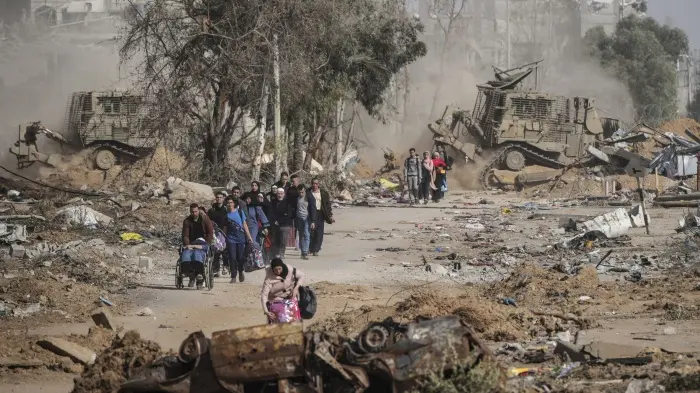
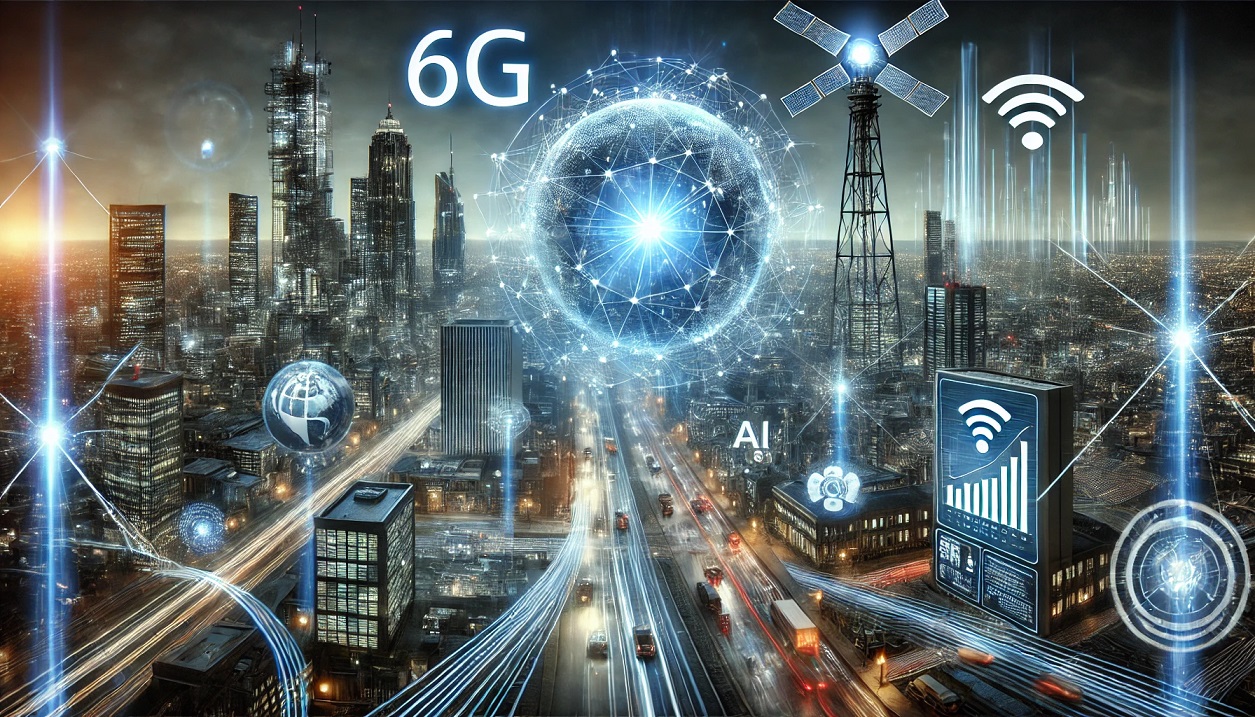
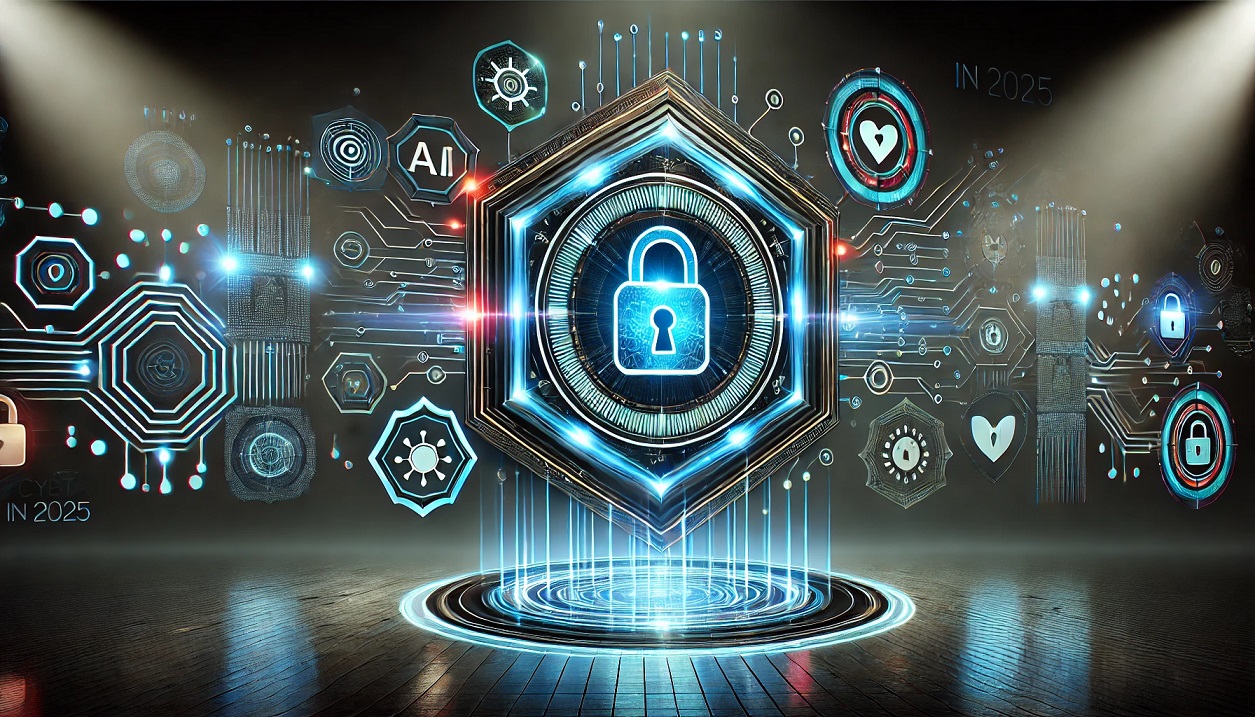
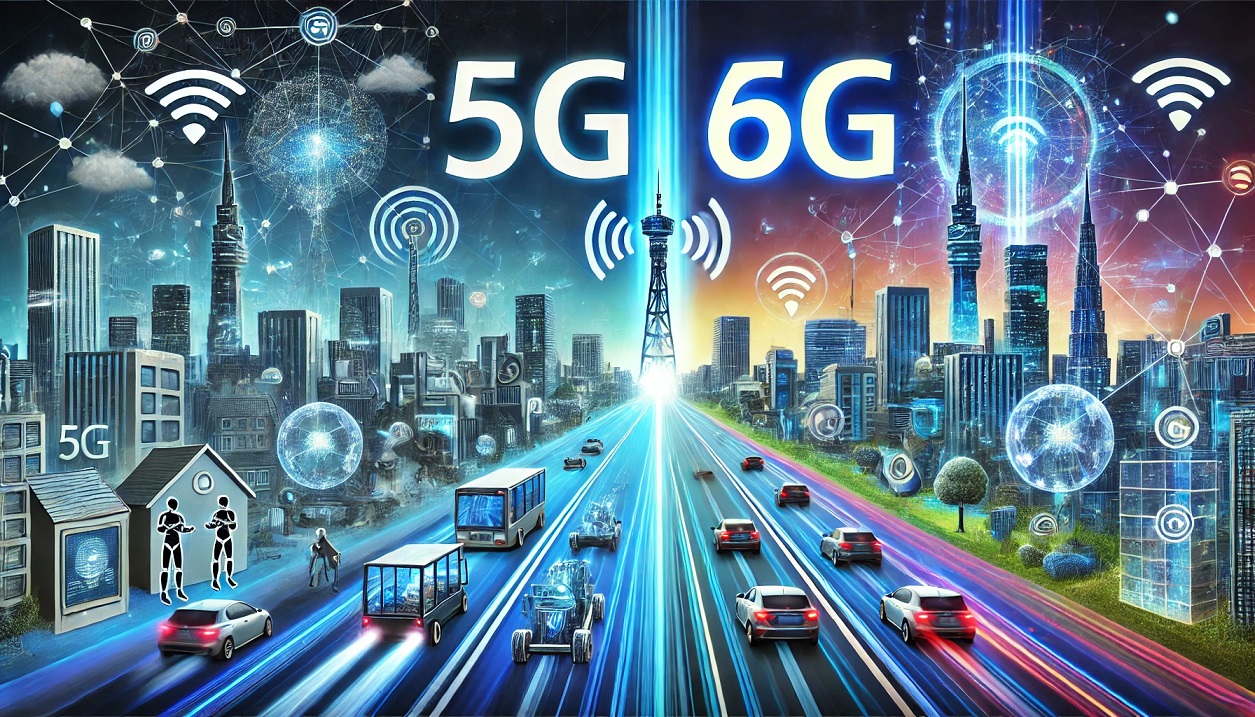
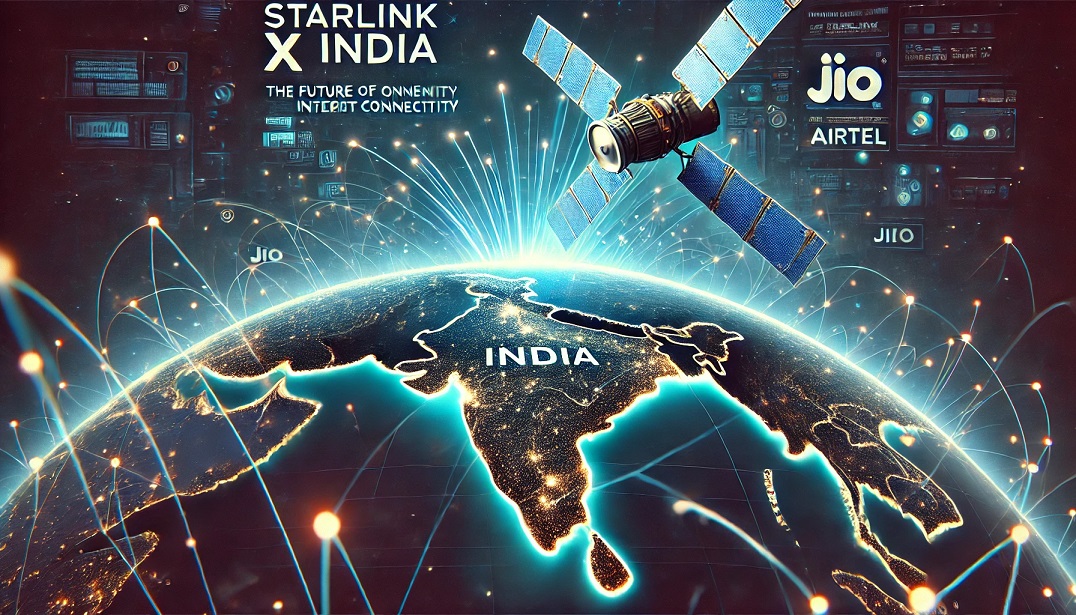
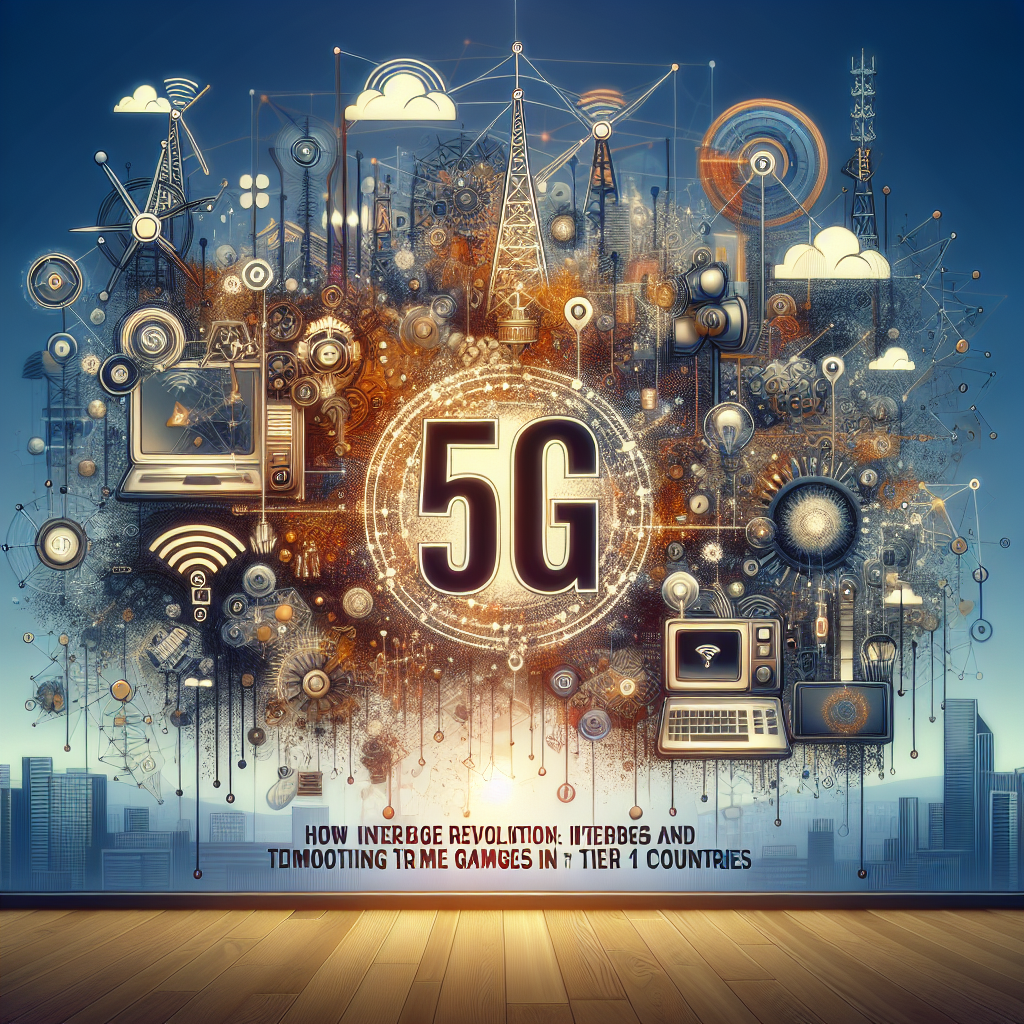
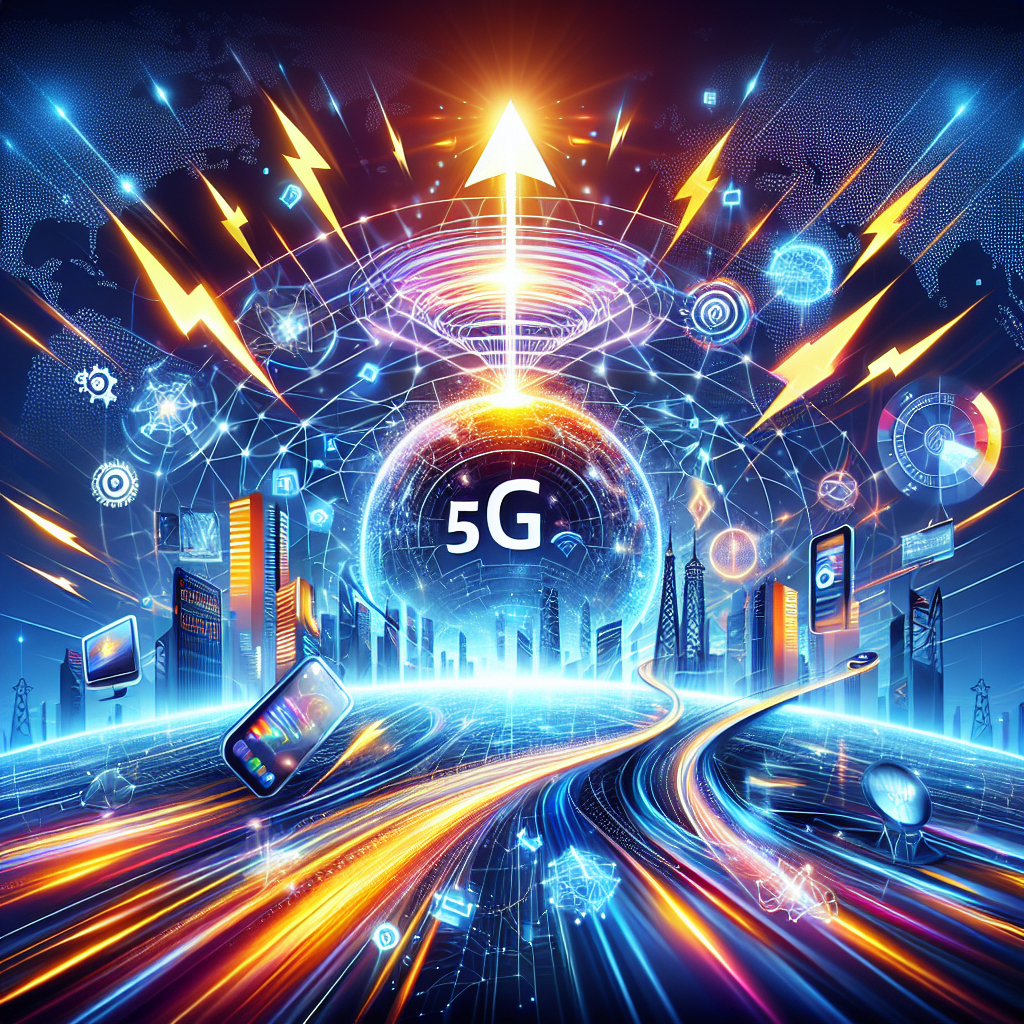
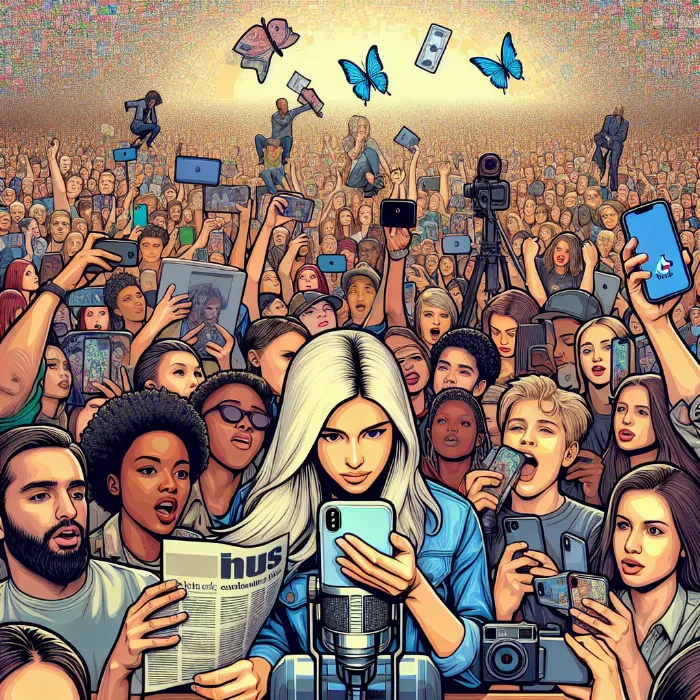
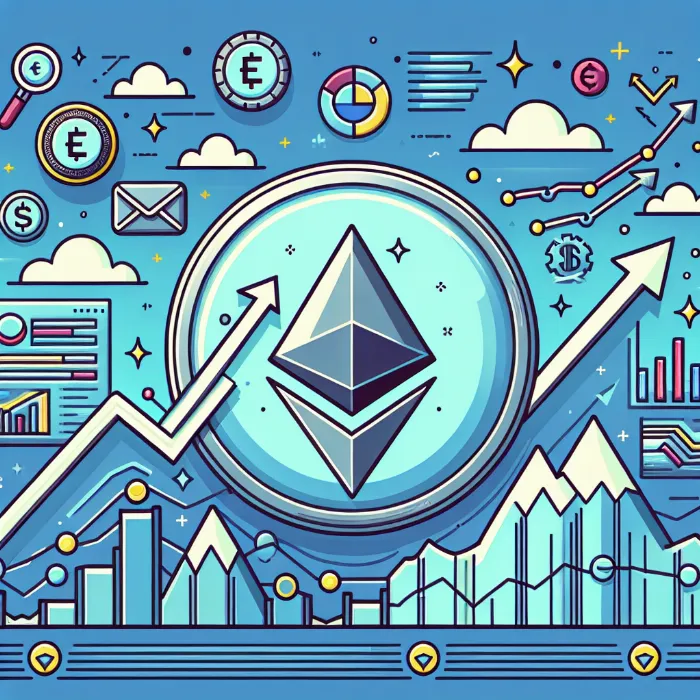

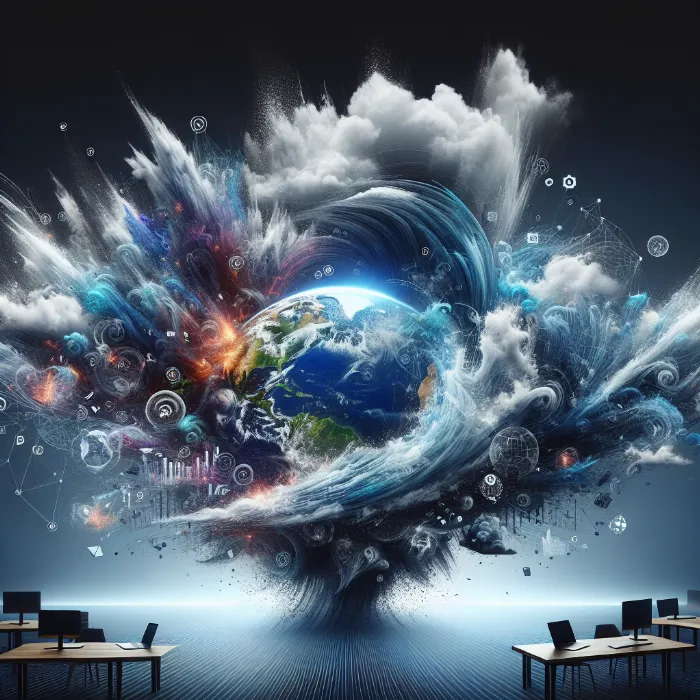



Comments 0